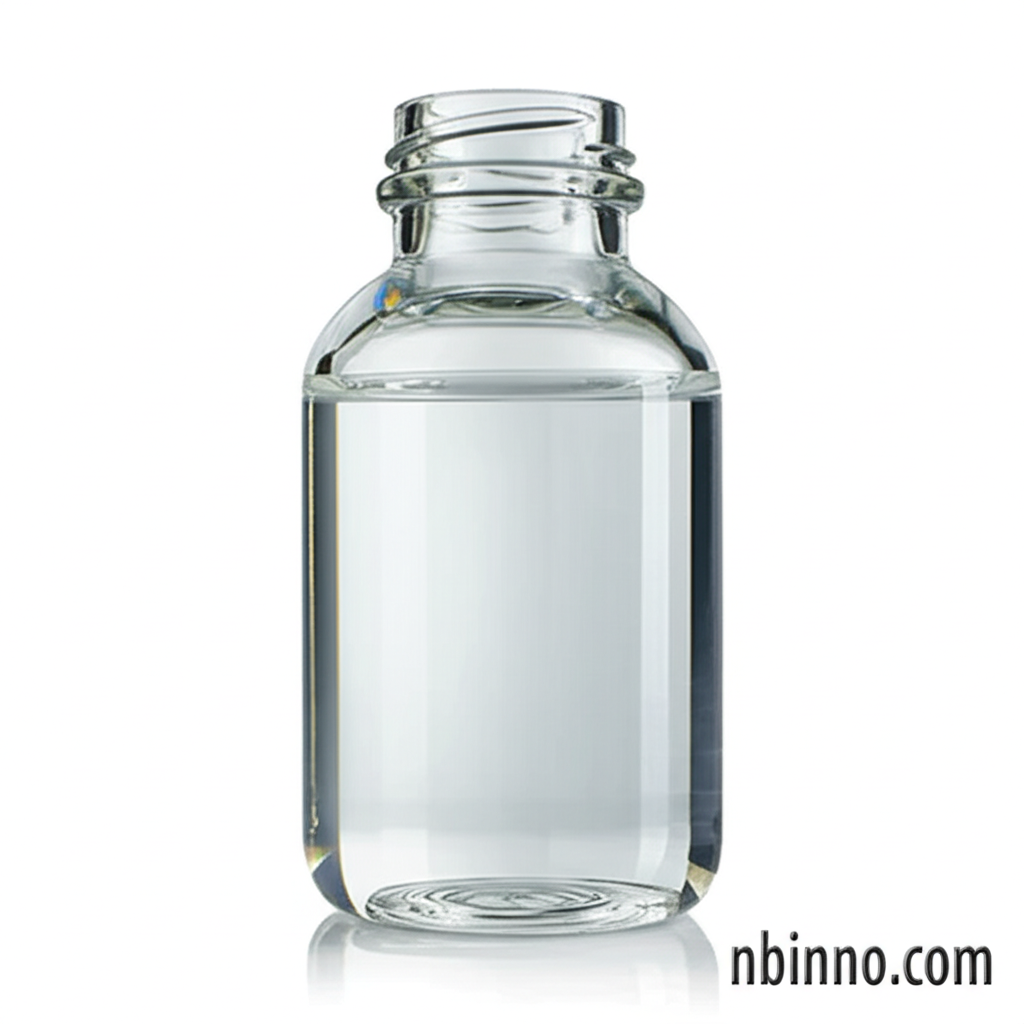Dichlorodimethylsilane: The Cornerstone of Silicone Innovation
Unlock the potential of advanced materials with this essential organosilicon intermediate for superior performance.
Get a Quote & SampleProduct Core Value

Dichlorodimethylsilane
Dichlorodimethylsilane (CAS 75-78-5) stands as a pivotal organosilicon compound, indispensable for the manufacturing of high-performance silicones and related materials. Its unique chemical structure enables critical functions in various industrial processes.
- A key intermediate for silicone production, forming the backbone of materials used in sealants, adhesives, and lubricants, contributing to silicone production.
- Enhances thermal stability and chemical resistance, making products formulated with it ideal for demanding applications within the electronics industry materials sector.
- Serves as an effective surface modification agent, improving hydrophobicity and adhesion for textiles and metals, crucial for construction material additives.
- Plays a vital role in chemical synthesis as a reagent for introducing silicon into organic molecules, aiding in the development of new materials and contributing to material science.
Key Advantages
Versatile Chemical Intermediate
As a primary precursor to dimethylsilicone and polysilane compounds, its role in silicone manufacturing essentials cannot be overstated.
Material Performance Enhancement
It is extensively used for introducing silicon into organic molecules, a core aspect of chemical synthesis building blocks, thereby boosting product performance.
Broad Industrial Applicability
Its utility spans across sectors, from electronics and automotive to construction, demonstrating its value as a specialty silicones for industry component.
Key Applications
Silicone Manufacturing
Essential for the synthesis of silicones used in sealants, adhesives, and lubricants, underpinning high-performance silicone manufacturing.
Surface Treatment
Modifies material surfaces to improve properties like hydrophobicity and adhesion, critical for advanced treatments in material science.
Organic Synthesis
Acts as a reagent to incorporate silicon into organic molecules, vital for innovation in organosilicon chemistry and new product development.
Electronics and Automotive
Contributes to the development of materials for semiconductors and engine sealing, highlighting its importance in automotive silicones.
